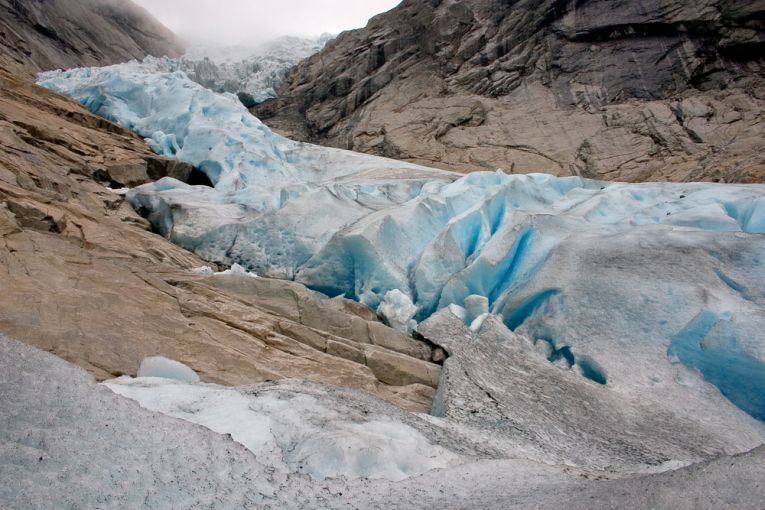The "pitch" on climate at COP19 in Warsaw this week is how to persuade the big players to stay onside. However, there is also pitch, shale gas and the avoidance of Russian gas on the local menu. Christiana Figueres is the leading UN official on climate change, with IPCC figures to consider within a very different agenda. "This is very serious data, which puts a lot of the onus on developed countries to truly support the transformation developing countries have to make (to a low-carbon economy)" she said.
Her opposite numbers in the EU are trying at the same time to keep the UK committed to their green levies on energy charges. Strangely, Germany and other European countries are a little behind the UK, especially on wind power. Small countries such as Scotland and indeed several other windier parts of the UK have invested much more heavily than their continental colleagues. Germany leads on solar technology and others such as Italy have joined them in banning nuclear alternatives, leaving them with a huge reliance on renewable technologies.
Meanwhile, on a bigger front, the UNFCCC (Framework Convention on Climate Change) are keen to maintain at least some progress in Warsaw with a "coalition of ambition," constituted by 100 developing countries who seek help with their high-carbon economies. The Polish hosts have a coal-based economy (90% of energy production comes from coal-powered generation, and 2 brand-new power stations are being built, possibly without any CCS or HELE low-emission technology).
This is leading observers to believe that a real breakthrough with carbon mitigation measures cannot be made until the 2015 meeting in Paris. Poland, like many other nations is also about to explore its shale-oil resources! As we have reported several times, the IPCC (Intergovernmental Panel on Climate Change) have warned that earth's carbon budget will not stand the current increases in emissions. The precious 2 degree Celsius rise in global temperatures must be a maximum, otherwise the next few centuries seem destined to be plagued with high sea levels and the obvious increasingly violent and weather systems and climate quirks.
The truly surreal pitch at the UN COP19 Conference is to deal with an international coal conference next door by "World Coal." The Polish government prove here with the organisation of this other conference that they are nothing if not dedicated to their coal. Martin Korolec, their environment minister believes there is, "no place for confrontation, isolation and selection" at the main talks, pointing out that the International Energy Agency (IEA) predicts global demand for coal is set to rise until 2035. We might find that attitude causes logical problems for the UN delegates. They would simply have to ignore their hosts! ( and the guys next door.) Poland has several pressure groups pushing for some renewable incentives and was criticised in March for failing to implement renewable energy directives from the EU. The environmentalists certainly seem likely to be necessarily-aggressive during this critical confrontation.
Perhaps we had all better hold our breath till 2015. At least the fumes can be avoided that way!










